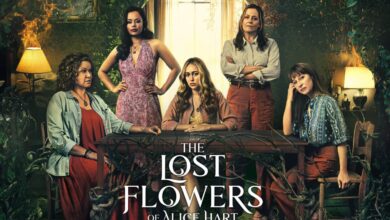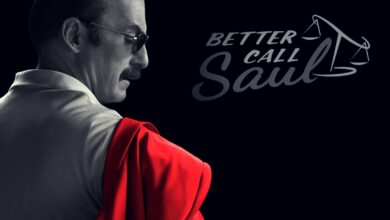The Lord of the Rings: The Rings of Power Season 2 Review: The Dawn of a Dark Age in Middle-Earth!
Cast: Morfydd Clark, Markella Kavenagh, Benjamin Walker, Robert Aramayo, Charles Edwards, Owain Arthur, Daniel Weyman
Created By: JD Payne, Patrick McKay
Streaming Platform: Prime Video
Filmyhype.com Ratings: 4/5 (four stars)
Since August 29, with the release of the first three of eight episodes, The Rings of Power Season 2, the prequel TV series to the legendary Lord of the Rings, has been available for streaming on Prime Video. After the “preparation” of the first season, which ended with the revelation of Sauron (we refer you to our summary of the finale for further explanations and details), season 2 presents itself, in the first episodes, as an entry into the heart of the story, or rather the stories that intertwine in this series. If you want to know more, follow us in this spoiler-free review (and get ready for our episode recaps that will be released week by week). The following episodes could talk about its making, between the choice of the team, starting from the showrunners, JD Payne and Patrick McKay, the leading name among the team of directors, JA Bayona, whose legacy was taken up in the second season by Charlotte Brändström (Shogun, The Witcher), and the thousand questions about the literary material from which it would have taken inspiration, arriving at the controversies on the casting (on which, for modesty, we will gloss over, have mercy).
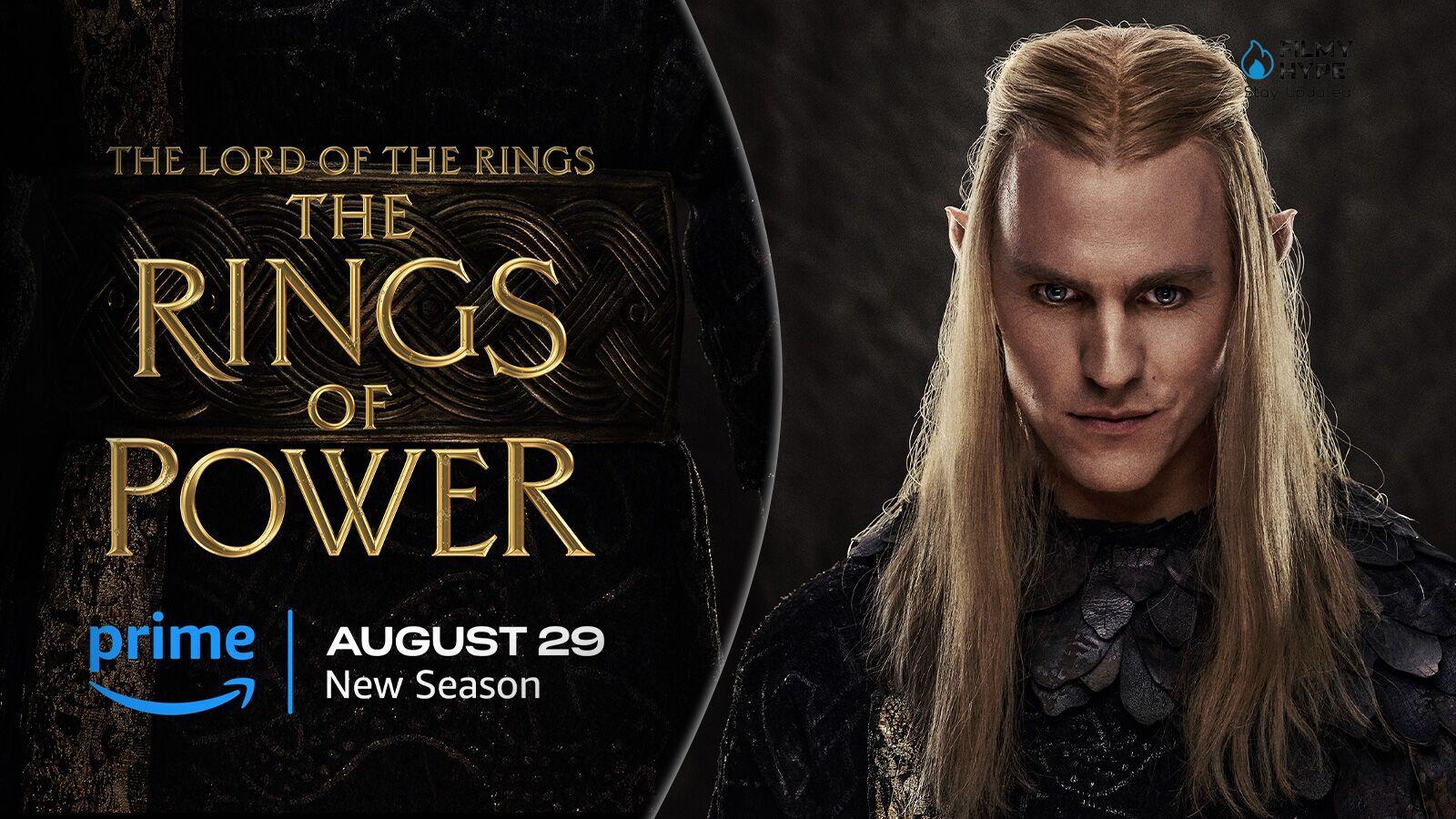
The grand finale would concern an incredibly divisive reception, with on one side the very harsh criticisms of the specialized press and fans and on the other the incredible numbers, which tell us that the premiere collected 25 million viewers worldwide in the first 24 hours of availability. The first season of The Rings of Power divided the public, launching a project with complex premises that it attempted to extract and write where it could, interpreting and adding a first season that was fundamentally introductory. It is precisely starting from this point that it is interesting, however, also to examine everything positive and impactful, in a work with varied and strongly derivative traits, in terms of storytelling and formal construction, adding a particular creative flair that certainly destabilized. The first season of The Rings of Power did not have a very clear balance in its approach to the general public, even if the irruption of some iconic characters has certainly been able to fuel general interest, now projected towards The Rings of Power Season 2 expected on August 29, 2024, on Prime Video, with its first three episodes. All the others will follow these with weekly releases until the season finale expected on October 3, 2024.
The Lord of the Rings: The Rings of Power Season 2 Review: The Story Plot
Given the assumption that “adaptation” does not mean “1:1 transposition”, that any text will never be sacred enough not to be “reinterpretable” and that even the rightly praised work of Peter Jackson contains more or less substantial changes, it is undoubtedly understandable that The Lord of the Rings – The Rings of Power approached Tolkien’s world by first looking for its own slant. A slant reasonably far from the previous interpretation, even knowing that it had to pay tribute to it (just think of the character who narrates the prologue). In doing so, in addition to some interesting ideas linked to contemporaneity, such as the racial question and the multidimensional definition of Evil, combined with the very Tolkienian theme of the continuous contamination between it and good (personified in Morfydd Clark’s Galadriel and made explicit in the love story with the Dark Lord), the first season sinned in terms of the structure of the story, throwing away a little of a world-building that was initially well set in terms of tone and register.
The second arc starts from this and tries to make the most of it, focusing much more on Sauron (Charlie Vickers), who takes off the clothes of Halbrand to take on those of the more famous Annatar, and on the events that bind him to the sacred land of Eregion, commanded by Lord Celebrimbor (Charles Edwards) and bordering the kingdom of Prince Durin IV (Owain Arthur). The rest of the story revolves around this narrative core, from the typically human events of Numenor after the return of the expedition led by Elendil (Lloyd Owen), to the war of emancipation of the Uruks in the newly created Mordor, passing through the adventures in Rhûn involving the meteorite-man, Nori (Markella Kavenagh) and Poppy (Megan Richards), without forgetting the diaspora of Morgoth’s old allies who remained alive, led by Arondir (Ismael Cruz Cordova).
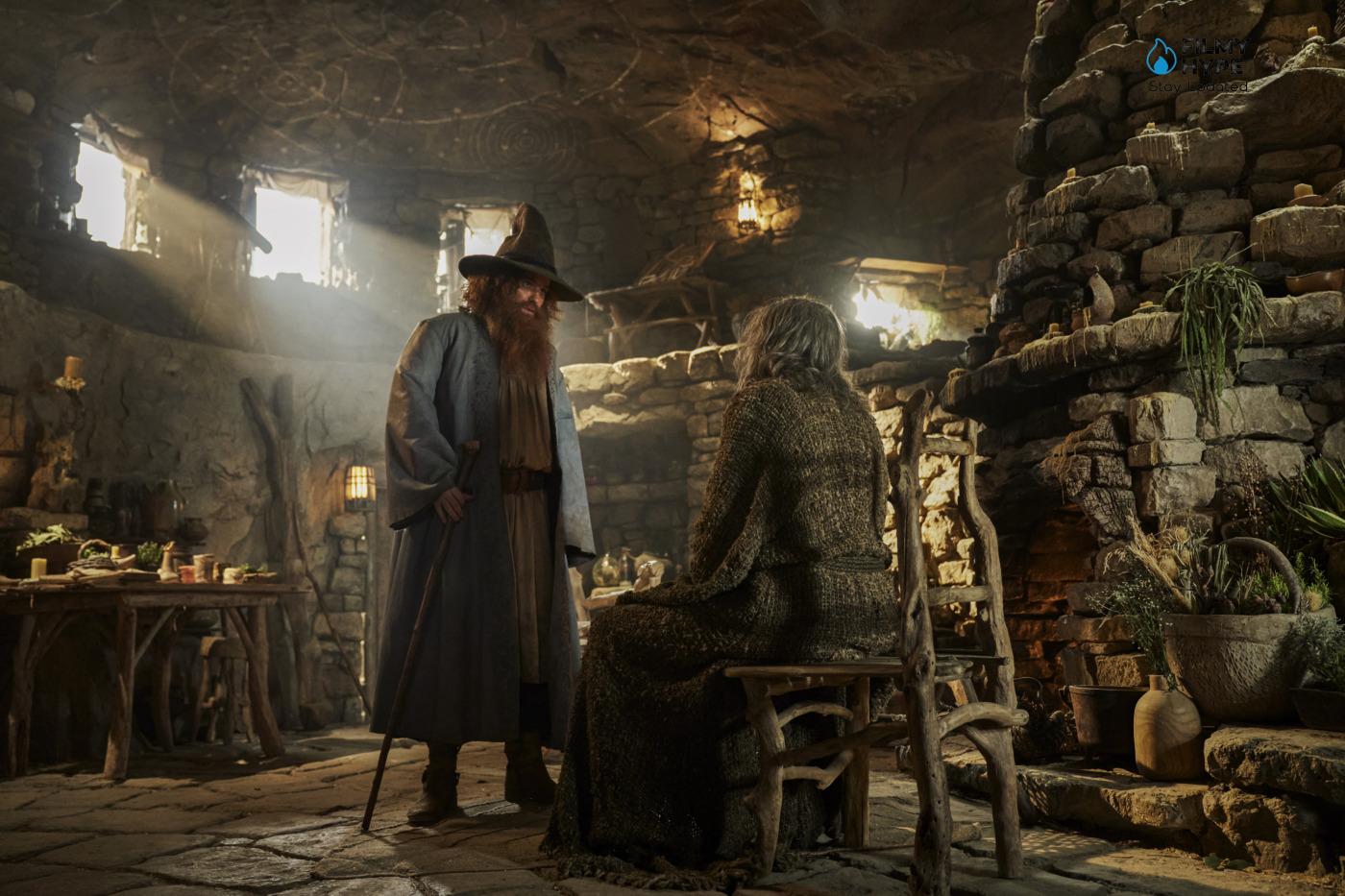
But let’s not forget that “if you say Sauron, you say Rings” and so, as was widely predictable – also given the choice with which they were made to appear early in this reinterpretation of Tolkien’s mythology, they become, with him, the protagonists of the second season. The three rings, those created in the last final season, belong to the elves and will create a rift among the elves that will lead to the first great division regarding the vision of power, between those who think that the risks are acceptable if compared to the benefits and those who don’t, because nothing can balance a force capable of taking away any type of will. A division is so deep that it will even lead two powers like Elrond (Robert Aramayo) and the High King Gil-Galad (Benjamin Walker) to diverge.
Season 2 even starts with a rather abrupt reversal compared to the epilogue of the previous episodes. Yet, what initially appears to be a good ploy to shuffle the cards on the table turns out to be an unbelievable pretext to carry on the narrative at least until halfway through the season, at the proverbial turning point that triggers interesting things when – unfortunately – it’s already too late. The Rings of Power Season 2 also suffers from an excessively bland pace: fairly consistent hours of filler and storylines that – unlike the first season, in which all were more or less important – are uninteresting or not impactful for the main plot. A long preparation, in short, for the real Evil that takes shape, between deceptions, tricks, and betrayals that put at the center a Sauron who is ultimately inconsistent and a macro-story that fluctuates.
The Lord of the Rings: The Rings of Power Season 2 Review and Analysis
The main limitation of the first season was, necessarily, the need to introduce us to this enchanting but very complex narrative universe, with its characters – already known or new – and its settings. The action was therefore limited, although appreciable. At the beginning of season 2, The Rings of Power promises to be faster in showing us the evolutions of the various narrative levels, and therefore to be even more compelling than the, in our opinion, more than positive debut season. However, given the grandeur of this world, we cannot help but expect more explanations, flashbacks, and the introduction of characters already known or unknown (Tom Bombadil, we are also referring to you!). To draw a definitive balance, therefore, we will have to wait for the season finale, but it is undeniable that The Rings of Power Season 2 presents itself with its enormous charm, even increased compared to the debut.
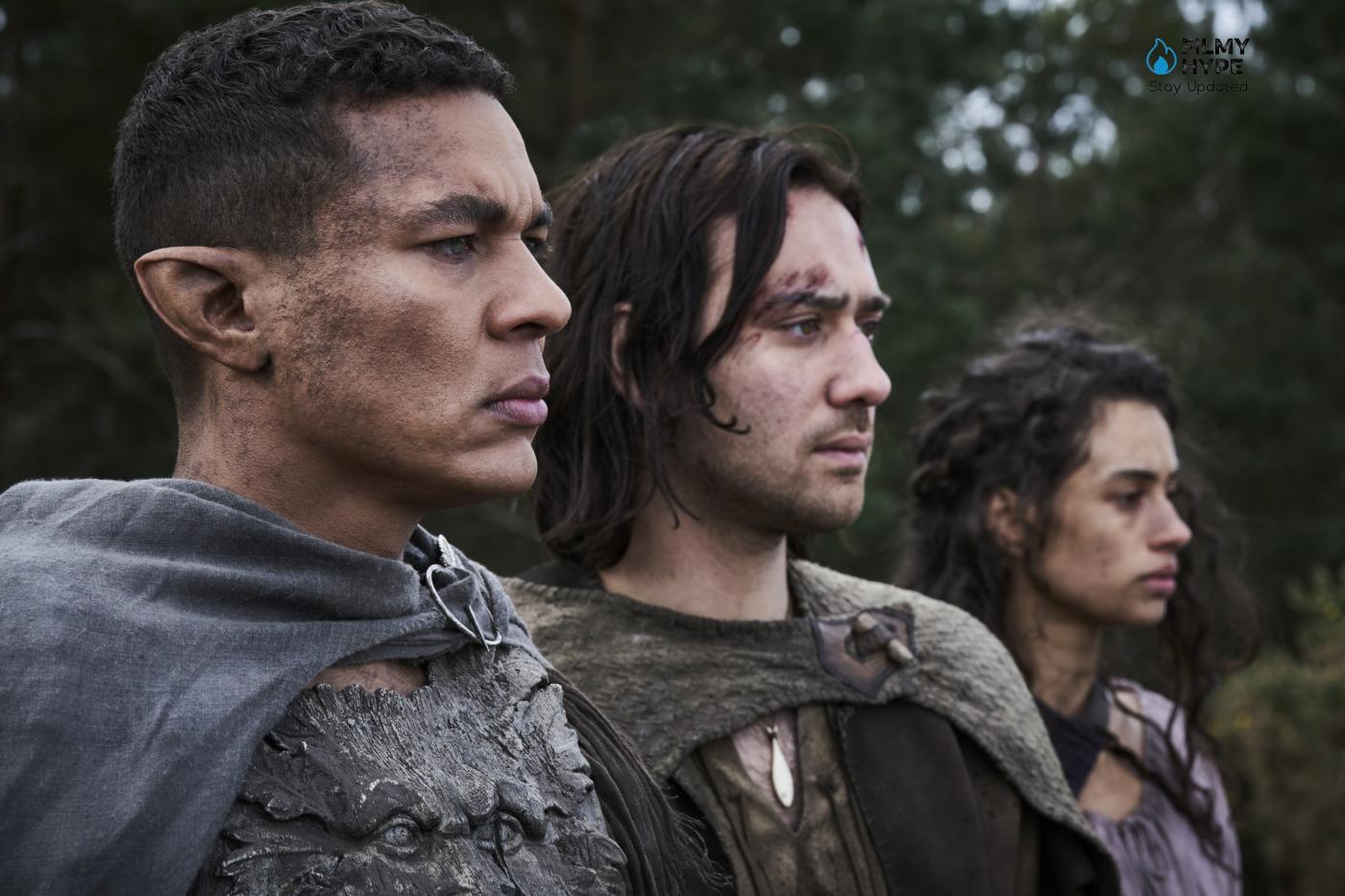
Rings of Power Season 2 instead wants to be lighter, perhaps offering a healthier and cleaner narrative, suitable for families. This is the prerogative of showrunners Patrick McKay and JD Payne, as well as being in line with the source material, which had its beginning in a children’s novel, The Hobbit. Avoiding darker or more difficult-to-handle themes while remaining in that rating range, shifts even more weight on character development as the main means of catalyzing the viewer’s attention, and it is precisely for this aspect that Rings of Power continues to fail. The most compelling part of the second season is, in fact, the darkest, the one that follows the perspective of the villain, Sauron, who returns to the scene under the false guise of Annatar, deceives Celebrimbor (Charles Edwards) and pushes him to forge the rings for the Dwarves and for the Men, all contaminated by his evil influence.
The elven blacksmith, enchanted by the success of the three rings of the Elves and tempted by his vanity, allows himself first to be convinced and then consumed by the ambition of the project, contributing in all respects to bringing Sauron one step away from the crowning of his plan: the forging of the One. This plot is certainly interesting and delves into the theme of corruption and temptation that we have seen abundantly dramatized in The Lord of the Rings, but which here is shown at its origin, not only in corruptible characters such as men (remember Boromir?) but also at work on elves (Celebrimbor is the first victim of this ambition) and on dwarves, so much so that we witness the fall of King Durin (Peter Mullan) under the influence of one of the Seven, who became reckless “digging too deep and too greedily”, in the face of the impotence of Prince Durin (Owain Arthur) and his wife Disa (Sophia Nomvete). The decline of Middle-earth is inevitable, and the corruption of elves and dwarves in the face of dark forces is well underway.
This cardinal conflict in the economy of the story that runs through the second season is immersed in a tangle of plots, places, sketched characters, and situations that, due to the approximation with which they are staged, run the risk of cutting off anyone who is not already familiar with Tolkien’s writings. There are many necessary answers that the series takes for granted, such as the motivations behind some of the character’s choices, the reasons behind the conflict underway in Númenor for control of the kingdom, or even the simple orientation in the geography of Middle Earth that, once again, seems to make it easier only for those who already know Tolkien’s places by heart. This geographical confusion is also reflected in the series’ inability to provide memorable characters, perhaps due to unsuitable casting choices or perhaps due to an approximate writing of the characters themselves.
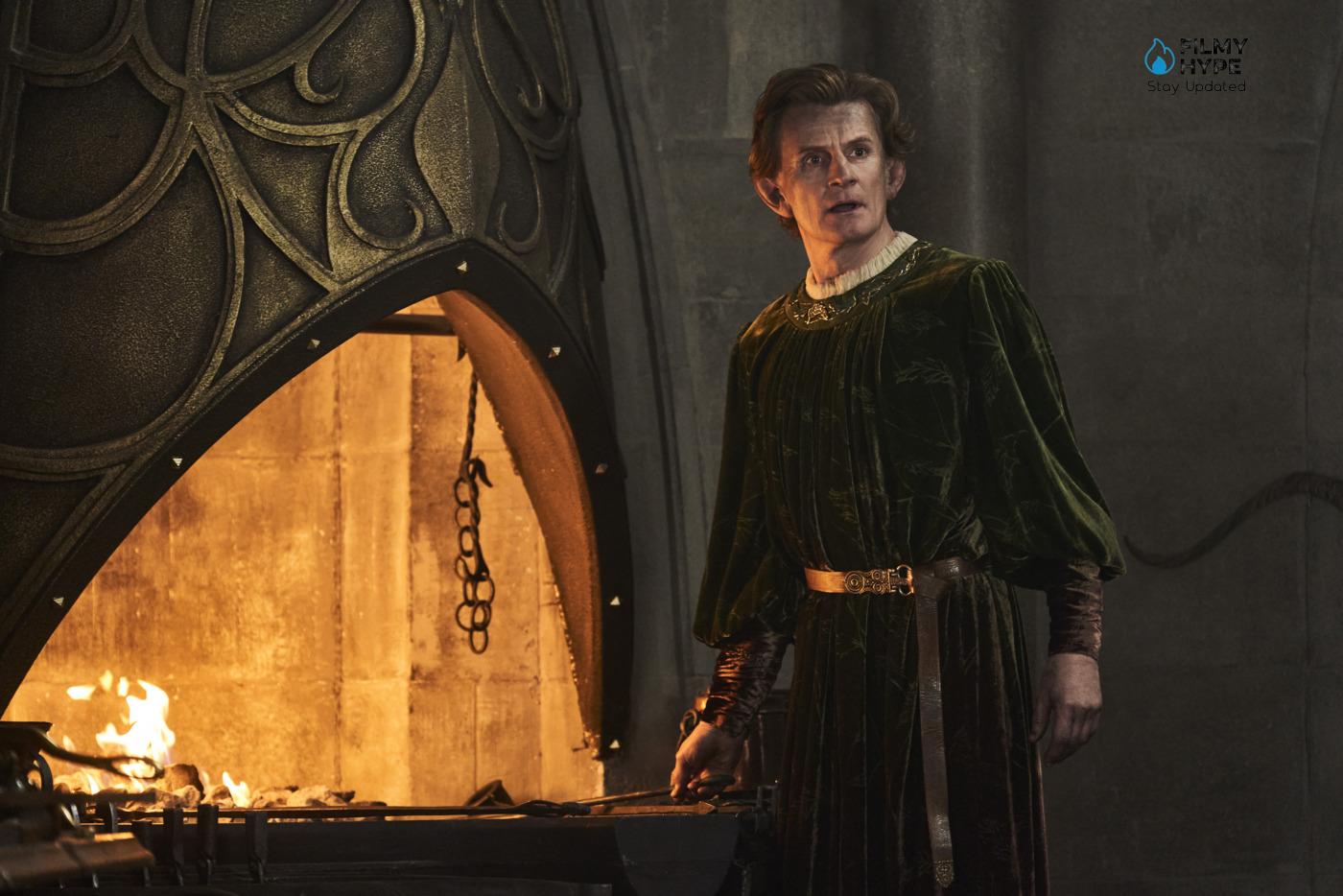
It is difficult to become attached to the protagonists who live in a world where emotionally you long to be transported. Those few scenes of authentic emotion that are scattered throughout the show are therefore as precious as mithril, such as those dedicated to Tom Bombadil, who finally makes his appearance, or some moments in which the inner torment of Celebrimbor is the protagonist (Charles Edwards has done an excellent job). Amazon’s own marketing campaign has scaled down between the first and second seasons, a sign that perhaps the production has no intention of changing course but still wants to hold on to the viewers (few, in truth) who have come to the end of the first season. After all, from a spectacular point of view, the series has a significant impact, even if it fails to scratch the exterior surface of the package. Sure, The Lord of the Rings: The Rings of Power Season 2 turns out to be much more compelling than the first cycle precisely because of the greater amount of action and involvement, however, it remains a sop to the potential that the source material. Or perhaps Peter Jackson’s adaptation has deluded us into thinking that it could be easy to bring Middle Earth to the screen (large or small).
Surely, even in its great narrative fragmentation, there is something to save. The plot, for example, linked to the Stranger and his journey to Rhun alongside the People Nori: perhaps the best segment of the series up to this point, because it proves to be the most interesting, respectful, and linked to the lore of the Lord of the Rings. But even in the shadow of the brightest light, darkness lurks: the sorcerer’s story calls into question very delicate elements of the mythology of reference (read the entry in the Tolkien dictionary: Tom Bombadil), and while it succeeds in its intent, it ends up falling victim to long-windedness, dialogues, and comparisons that do not provide real answers. The main problem with The Rings of Power Season 2, beyond a problematic script, lies precisely in outlining the character of its characters, to whom it is very difficult to become attached. A feeling that now surpasses that effect of wonder that still permeates the visual framework of a mammoth product from an exquisitely scenic point of view.
This is what The Rings of Power Season 2 is: a constant visual ecstasy, galvanized by an epic and high-sounding musical accompaniment, in open continuity with the previous season. Unfortunately, it is only, or at least mostly this: a confused production, trapped in its contradictions, which is saved by the skin of its teeth when – in the last episodes – a visually impressive battle comes to life. A prelude to something even greater, the timid promise of other future wonders that, however, at this point, may no longer be enough. The amount of storylines and characters described above should be enough to make you understand the complexity of a series like The Lord of the Rings: The Rings of Power, which however, let us admit, does not do much to help itself in this sense, continuing to want to do too many things all at once, putting the universal satisfaction of all types of fans before the definition of its own form. As a prisoner of the difficulties related to the treatment of the reference world and a slave to a previous adaptation that this time it encounters too often.
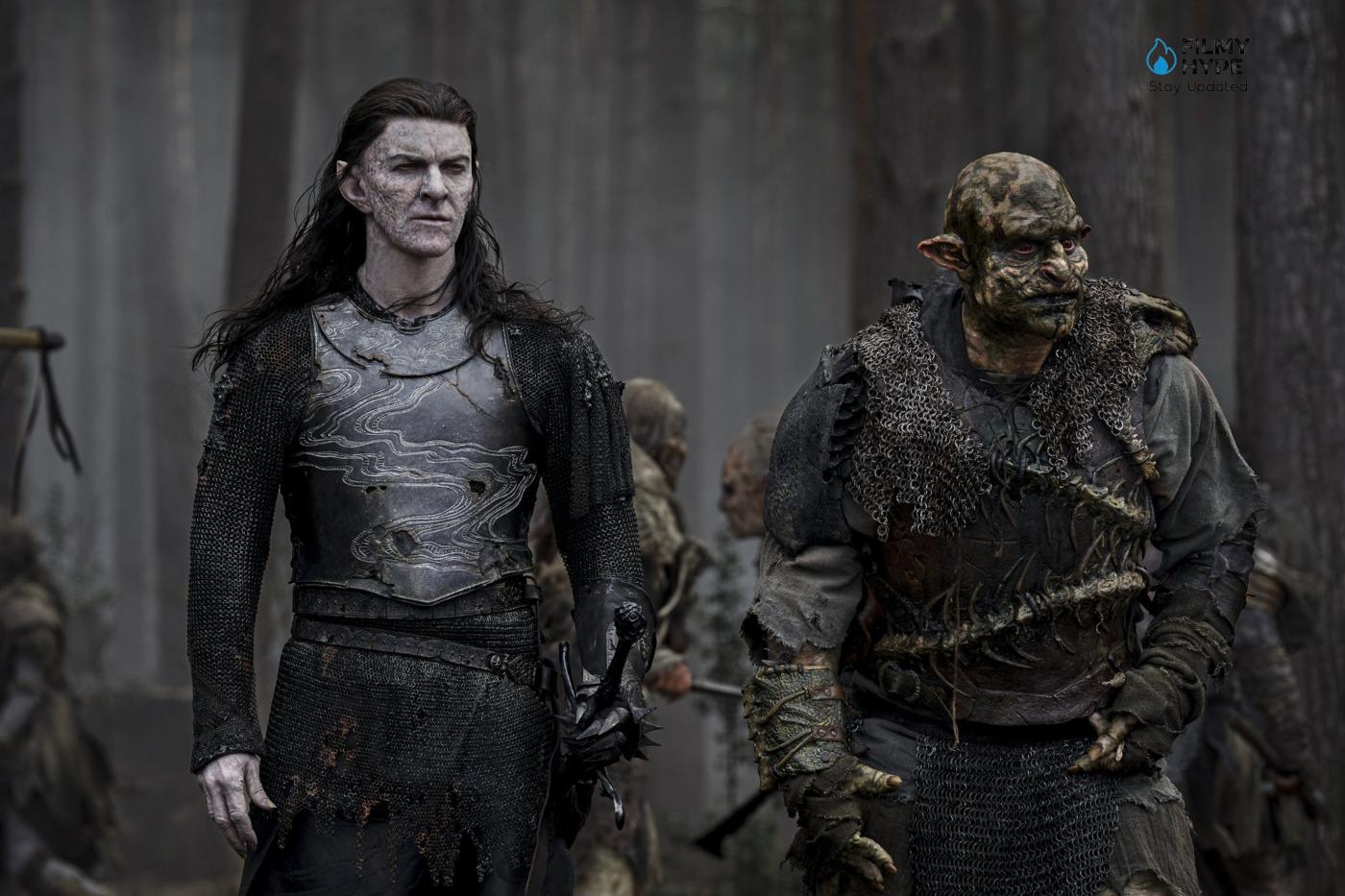
So the first problems arise from a sometimes confusing management of so much material, which often does not blend naturally, but rather is forced to resort to banal and sometimes rather lazy television formulas, to make everything fit together. This makes the insertion of new faces a bit artificial and the mechanical, if not forced, development of the old ones. An overload of intentions that forces the series to often be in trouble and constant search of lifelines and that even penalizes the absolute protagonist, the deus ex machina, the increasingly Machiavellian Dark Lord, clearly improving compared to his insufficient previous version, but probably still divisive in development.
A flaw that also affects several other characters (more or less central) is very discontinuous as the script of the series itself, which this time reaches peaks not seen in the first season, but also very deep lows. A shame because some protagonists are instead consolidated (like Elrond and Prince Durin), the thematic elements are there and are sufficiently proposed on paper. There is the evolution of that relationship halfway between opposition and attraction towards an Evil in continuous expansion and increasingly inherent in human nature thanks to its thousand forms (first of all ambition), in line with the metaphor of the “Sauron germ” and the impossibility of banishing it. The feeling is that even in this case it is not possible to find the right formula to make everything structurally linked definitively to events and the universe.
A rollercoaster season, this second of The Lord of the Rings – The Rings of Power, even in the staging, which goes from good directorial efforts and visually topical moments (two episodes in particular are very satisfying and important from the point of view of the VFX department, but also notable work on prosthetics and makeup) and others, simply, not credible. In conclusion, a series that still struggles to find its order and its firm tone (always the famous cut that was the first thing that was tried to find), inconsistent in several characters, and for still several traits incapable of conveying the power of Tolkien’s world, perhaps because it is still not perfectly capable of focusing it. An undertaking that is therefore still impossible, but that we would like to continue to keep an eye on.
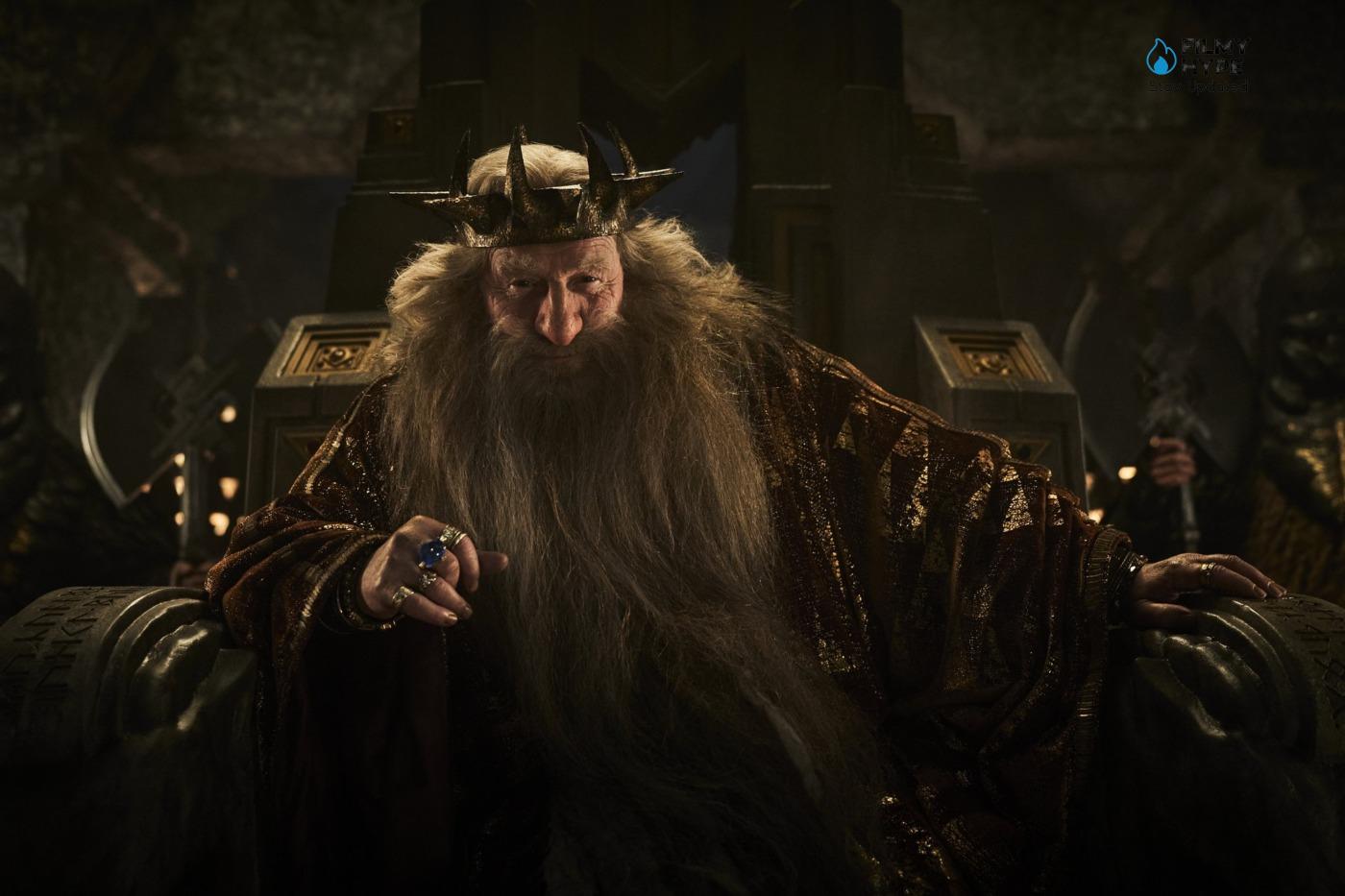
The long and previous “incipit” before The Rings of Power Season 2 finally finds a momentum that fascinates immediately. Going beyond the introductory dimension, we finally enter the heart of a complex and dark historical moment, throwing the protagonists into a game that is difficult to decipher at first glance, but still quite intuitive, if you know it and recognize it a little. The choice to include some new points of view compared to the past works enriches what was seen with the first season, revealing a further side of this story that expands without ever boring. There are many possibilities for development and narrative experimentation for the second season, as well as the poetic licenses that the authors have taken, always trying to remain faithful to the original spirit of the writings and literary references, while still having to fill in some things.
There is a lot of movement in The Rings of Power Season 2, and a particular dynamism in the writing that was missing from the first season on Prime Video, a real energy that was initially subcutaneous and then increasingly compelling, connected to an epic of images and forms that is both solid and distant from its literary origins. The Rings of Power Season 2 unfolds like a big chess game where it’s not clear until the end who the various players are. There’s a playing field, there are some key pieces and information that could be connected immediately, but the surprise is still around the corner. Such a creative process can easily fuel new speculations and theories about possible events shortly. Númenor, the Stranger, is an ancient kingdom of dwarves and some shadows that move and conquer without the need for blood and war.
This is one of the added values of a product for the small screen that is both traditional in some of its things and quite unregulated, transporting us once again to a huge and extremely complex world that has the burden of dealing with the history of literature and the fantasy genre itself. Furthermore, the choice to develop such a project focusing on the Second Age of Middle Earth is not something that is easily cataloged, especially when one can see all the difficulties and generalities that a historical moment like this drags with it. Yet, in changing, recomposing, experimenting, speeding up, and simplifying, The Rings of Power Season 2 seems to have found its balance. An accomplice to this is first of all the care in the general rendering of the world represented, with special effects, sets, and scenography that are both recognizable and detailed. In parallel, we find the enveloping and profound soundtrack, and the stage presence of a cast that has consolidated the characters it brings to the small screen, despite all the inventions of the case.
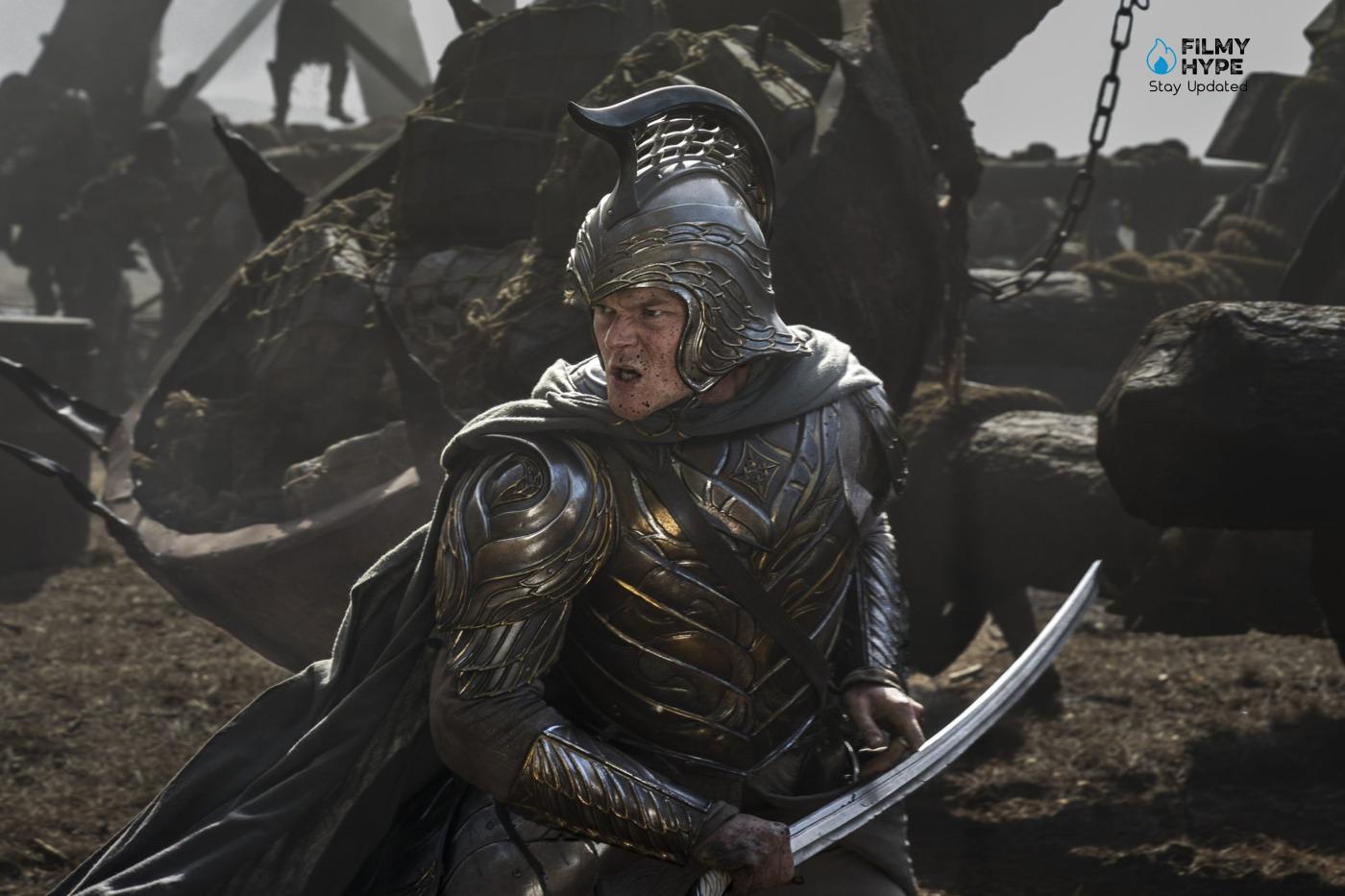
This mix of speculations, theories, and narrative experiments moves a story that improves in terms of pace and narrative involvement, pushing forward a story that knows how to enthrall from beginning to end, taking some creative liberties that will surely make Tolkien purists turn up their noses. Is this a bad thing? Not when on the plate is presented an exciting and fragmented experience that promises so much for the future. Even if everything moves in an easy-to-predict direction, it is precisely the specific narrative modalities of the second narrative arc that arouse curiosity, working once again with certain events, hinted at, cited, sung, and remembered in the vastness of a world that only its original author knew in all its nuances.
The Lord of the Rings: The Rings of Power Season 2 Review: The Last Words
The second season of The Rings of Power has convinced us positively. Differently from the previous one, the more introductory narrative dimension is finally abandoned in favor of the specific stories and events of the characters currently in play and of a world that is gradually and silently changing. Starting from a complex and hazy material in itself, the work done with staging, sets, soundtrack, direction, and photography knows how to capture from beginning to end, while making use of writing made of ideas and poetic licenses that betray and fascinate at the same time, making us curious about the future. A spectacular and impressive final battle, spread over the last two episodes, only partially justifies a fluctuating pace. It is true, that the second season of The Lord of the Rings remains a marvel for the eyes, but it is starting to no longer be enough.



